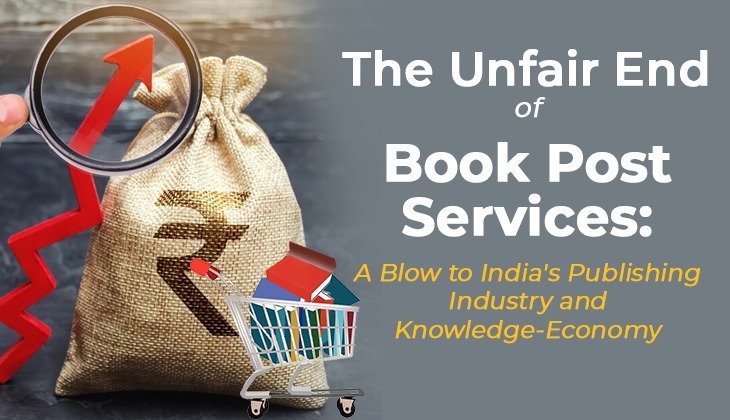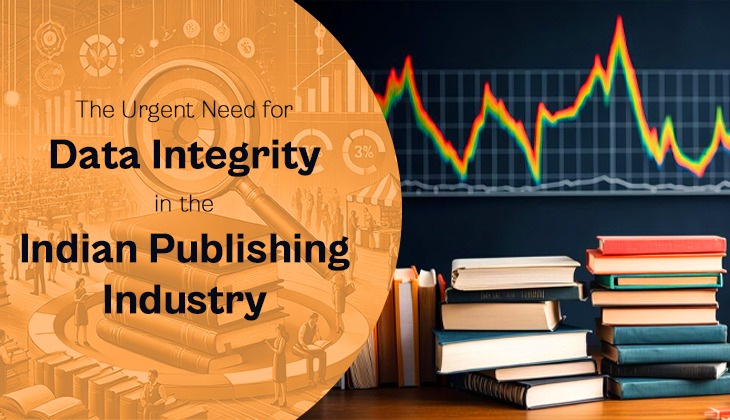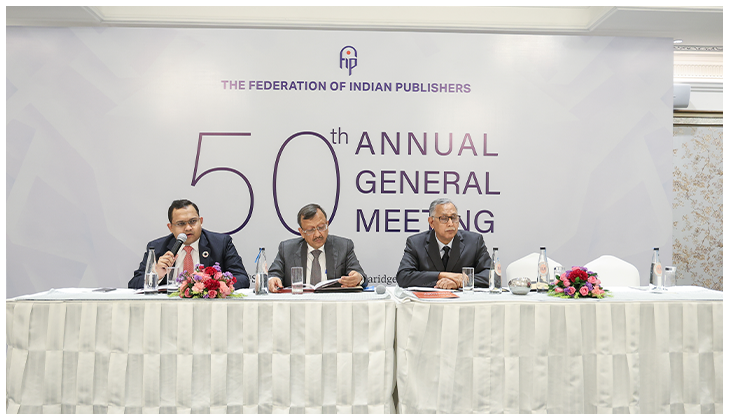At the outset let me begin by saying that I am no expert when it comes to commenting on the education system here in India. However, that besides, I am a publisher and because of the storm that kicked up due to the copyright infringement suit filed against a certain ‘Rameshwari Photocopy’, it becomes pertinent for me to express my views on the subject, given that there have been various articles written for and against the suit as well as opinions being freely thrown around. It is necessary to give out the details of the entire fiasco (if I may call it so).
As per Section 2 of the Copyrights Act one can ‘fairly deal’ with any copyrighted work for ‘private or personal use including research’. Elaborated further, the section allows ‘certain portions’ of a copyrighted book to be copied or reproduced without any commercial intent. 10% of the book constitutes ‘fair use’, as per a ruling in a case in US (Cambridge University Press VS Becker). In India, however the law extends to be lenient towards allowing a student to copy the entire work of another author for academic or research purposes.
An article in the Indian Express said that adequate access to learning material is necessary for all academia. Couldn’t agree more! It further went on to express views on how not just the fate of Rameshwari photocopy is at stake but the entire fate of students who depend upon such material is hanging in the balance. Their main contention point being that University library has few copies which all students are unable to get access to. Hence, it becomes necessary for them to take the route of having the material photo-copied.
What guarantee do we have that the material being copied is being used in a fair manner and not just as material to reproduce other works? The market today is replete with works that border on plagiarism. The only grace saving them is that they have taken the pain to alter the sentences from the original work. Is this what we are targeting?
Well, should a publishing house (a business entity) cut down on their prospective earning capabilities for the lack of books in University libraries? Shouldn’t it be the responsibility of the Universities to provide the material? Or better still some kind of association that could between students and Universities for access to study material at cheaper prices. It is a known fact that the publishing houses, which have bought the suit, sell the same books at lower prices in India than in other countries. That’s a consideration from their side to say the least.
Aakar Patel, director with Hill Road Media, in a recently written op-ed for The Hindu, points out that the publishing houses that have filed the suit already sell the course books at a subsidized rate. He not only lists out the prices in detail but also puts forward a stinging question- ‘When did copyright infringement by the middle-class become a democratic culture?’
Another anonymous online article lists out the inside information about publishing houses. It goes on to say how the entire process of having research work published is all but fixed the wrong way. How worthy authors never see their books published whereas plagiarized works that have worked to simply change sentences to avoid copyright infringement, get published.
Again, here I believe the point is being missed. The contention should rather be on working out a solution that aids the students’ concerns as well as that of the publishing houses. Now, I am all for free and fair education and believe that finances shouldn’t be a hindrance in its pursuit. However, that is an ideal state and would be great if achieved. The main benefit would come in finding a solution that may not reflect an ideal state but at least offer a way out for the problem at hand.
Now that the cat is out of the bag I would love to see some concrete measures taken to ensure that the right of the students be protected, but at what expense? From everything that I have read on the particular subject all I can deduce is that the nail is being hammered where there is no wall.



